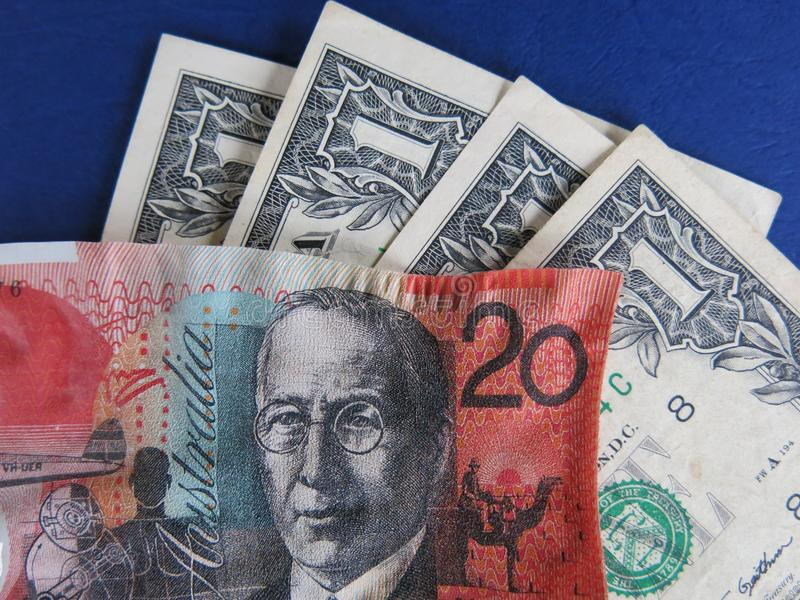
Analysts believe that the Australian dollar is clearly moving slowly towards zero interest rates. Such a step is caused by the Reserve Bank of Australia's (RBA) current "dovish" rhetoric.
Last week, the AUD sharply declined after the regulator confirmed further easing of monetary policy, while this week did not bring positivity either. Yesterday, experts noted a massive sell-off in the indicated commodity currency, which slightly slowed down before the day closed. However, this declined resumed right after the RBA's statement. C. Kent, RBA Assistant Governor, said that the rates can still be compressed, and the agency can use this gap if necessary. However, he also admitted the possibility that the already "short" rates will fall below zero in the near future.
After the Australian monetary authorities made their statements, the market has reoriented and is gradually putting zero rates in currency quotes. The regulator actually convinced investors and traders of this possibility, setting them up for a rate cut at the next meeting scheduled for November 3, 2020. But there is a little confusion regarding the potential reduction of 4.4 basis points (bps), that is, from the existing 0.25% to 0.10%. At the same time, some analysts are sure that rates will fall to zero.
The increased tension in the market, caused by the further easing of the monetary policy of the regulator, led to the decline of the Australian dollar. Despite the fact that the RBA's head, Philip Lowe, tried to cause some positivity, it still fell to the bottom. He even emphasized the importance of further fiscal stimulus measures last week, while announcing a possible decline in the interest rate to 0.1%. According to him, the Central bank will do everything necessary to restore the national economy and eliminate the devastating consequences of the COVID-19.
Today, the RBA's position aimed at maintaining a soft monetary policy was confirmed in the minutes of the October meeting. According to market participants, this gives the go signal to cut the rate from 0.25% to almost bottomless 0.1%, as well as the start of a program to buy assets of five-year and ten-year bonds.
Amid this current issue, the Australian dollar has a downward trend for the past week. Experts assume that the AUD/USD pair will fall below 0.7000, but this scenario is possible if the US returns to further fiscal stimulation of the economy. We remind you that this issue is crucial and is still being resolved. Yesterday, the indicated pair was trading near the key support level of 0.7037. It confidently gained impulse today and tried to reach another level. Now, it is trading near the range of 0.7079-0.7080 and will continue to rise.
Experts believe that the AUD is gathering strength. It is currently highly unbalanced, and all its efforts are aimed at achieving balance in the AUD/USD pair. But this "discord" is not surprising at all: Australian dollar is torn between two contradictory factors. On the one hand, it is being pulled down by RBA's dovish decision, worsened by a full program of quantitative easing (QE), and on the other, it raises the weakening risk sentiment recorded earlier in the week, and positive data on the Chinese economy in September 2020. It should be recalled that China is the main trading partner of Australia.
Like long-distance runners, it is clear that the Australian dollar is lagging behind the overall market dynamics, which is due to a tense market situation and real prospects for further easing of the RBA's monetary policy. Experts fear that the issue of zero-rate will really be realized. In the event of such a development, this commodity currency will have to do its best to remain at an acceptable level. However, the long-term balance in the AUD/USD pair may be hindered by another change in the regulator's rhetoric, which allows rate reductions until the end of this year.
 English
English 
 Русский
Русский Bahasa Indonesia
Bahasa Indonesia Bahasa Malay
Bahasa Malay ไทย
ไทย Español
Español Deutsch
Deutsch Български
Български Français
Français Tiếng Việt
Tiếng Việt 中文
中文 বাংলা
বাংলা हिन्दी
हिन्दी Čeština
Čeština Українська
Українська Română
Română

